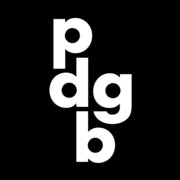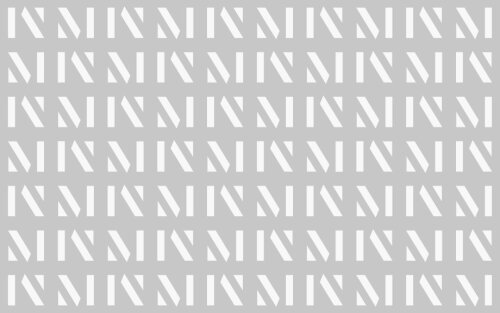Best Patent Lawyers in Paris
Share your needs with us, get contacted by law firms.
Free. Takes 2 min.
List of the best lawyers in Paris, France
About Patent Law in Paris, France:
Patent Law in Paris, France is governed by national and European legislations. Its primary aim is to protect inventions, providing a legal safeguard against copying, proliferation or selling of an invention without the patent holder's consent. This protection lasts for 20 years from its filing date, and the patent holder can exploit their invention commercially within France and across the European Union. Due to the complex, technical nature of patents, navigating patent law can be challenging.
Why You May Need a Lawyer:
Patent law is highly specialized and technical, requiring proficiency not only in law but also the field the invention relates to. Therefore, lawyers in this field often have scientific or technical degrees in addition to their legal education. You may need to seek the assistance of a lawyer in situations like drafting and filing a patent application, disputing the validity of an existing patent or in cases of patent infringement. A skilled lawyer can also provide advice on patent exploitation and its intersection with other areas of law such as competition and commercial law.
Local Laws Overview:
France has a comprehensive law on intellectual property, including Patents, called the IPC (Intellectual Property Code). French national patent applications are filed with the Institut National de la Propriété Industrielle (INPI). Additionally, France is a member of the European Patent Organisation, meaning European patents can be extended to have the same effect as a national patent in France. Matters related to patent litigation are handled by the Paris First Instance Court, which has exclusive jurisdiction over patent disputes in France. Furthermore, all patent disputes in EU member states are now under the jurisdiction of the Unified Patent Court.
Frequently Asked Questions:
1. What can be patented?
In France, any inventions that are new, involve an inventive step and are capable of industrial application can be patented. This includes products, processes or any new use of a known product or process.
2. What are the costs associated with getting a patent?
The cost of obtaining a patent can vary based on several factors such as the complexity of the invention, whether you enlist professional help, and the geographical coverage you seek. A lawyer specializing in this field can provide accurate estimates based on your innovation.
3. Who owns a patent?
The inventor or the entity for whom the inventor works (in case of employment), typically owns the patent.
4. What is patent infringement?
Patent infringement involves the unauthorized use, sell, or making of an invention that is protected by a patent.
5. What happens when a patent expires?
When a patent expires, the invention enters the public domain and others are free to make, use or sell the invention without the need of agreeing with the former patent holder.
Additional Resources:
The main body governing patents in France is the INPI (Institut National de la Propriété Industrielle) which provides a wealth of information on patents. For pan-European patent issues, the European Patent Office (EPO) and Unified Patent Court (UPC) can provide extensive resources.
Next Steps:
If you believe you may be in need of legal assistance with a patent issue, the first step is to seek advice from a patent professional or a legal professional specializing in patent law. They may help you understand the specifics of your situation and give guidance on the best course of action.
Lawzana helps you find the best lawyers and law firms in Paris through a curated and pre-screened list of qualified legal professionals. Our platform offers rankings and detailed profiles of attorneys and law firms, allowing you to compare based on practice areas, including Patent, experience, and client feedback.
Each profile includes a description of the firm's areas of practice, client reviews, team members and partners, year of establishment, spoken languages, office locations, contact information, social media presence, and any published articles or resources. Most firms on our platform speak English and are experienced in both local and international legal matters.
Get a quote from top-rated law firms in Paris, France — quickly, securely, and without unnecessary hassle.
Disclaimer:
The information provided on this page is for general informational purposes only and does not constitute legal advice. While we strive to ensure the accuracy and relevance of the content, legal information may change over time, and interpretations of the law can vary. You should always consult with a qualified legal professional for advice specific to your situation.
We disclaim all liability for actions taken or not taken based on the content of this page. If you believe any information is incorrect or outdated, please contact us, and we will review and update it where appropriate.

















